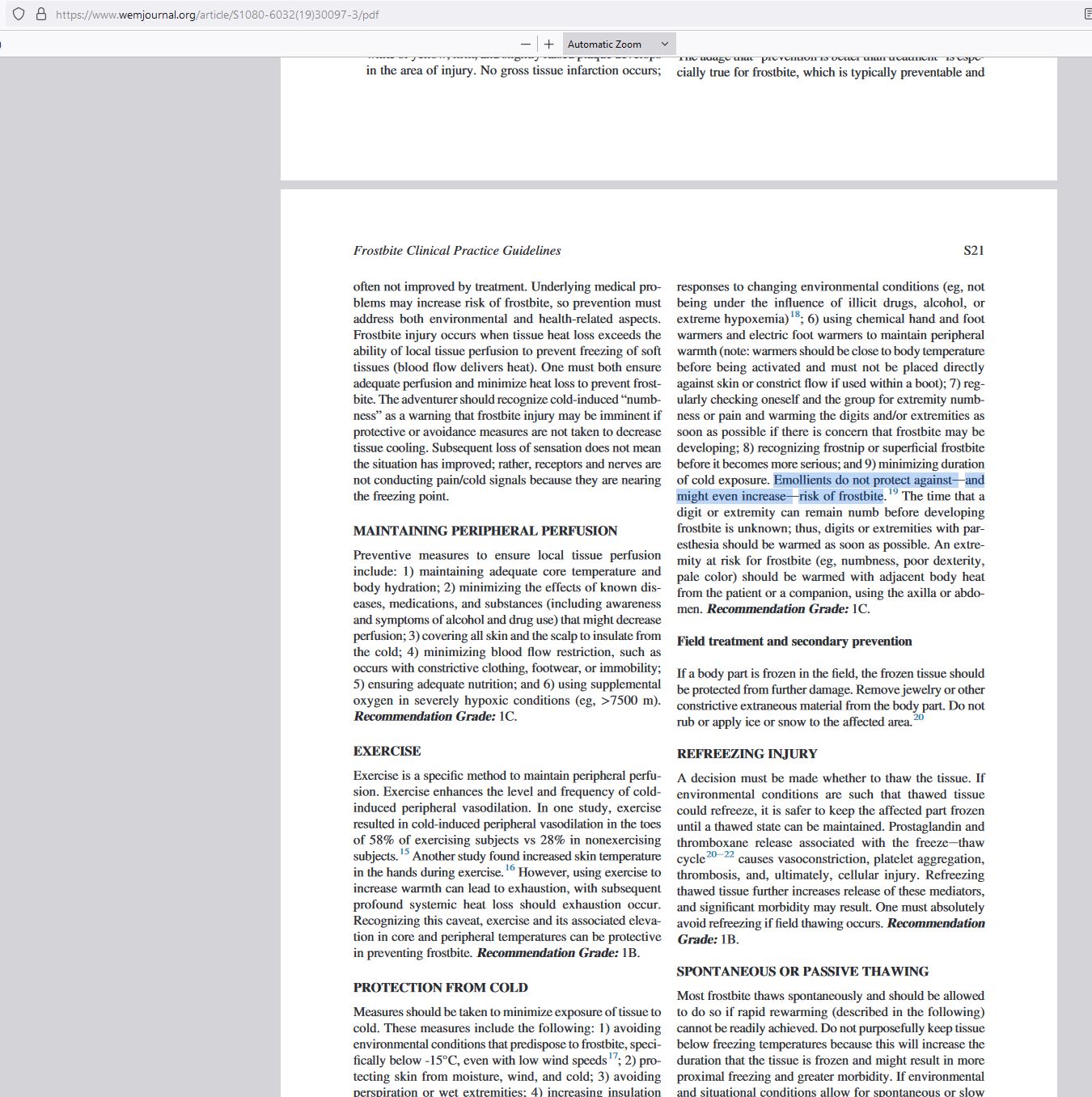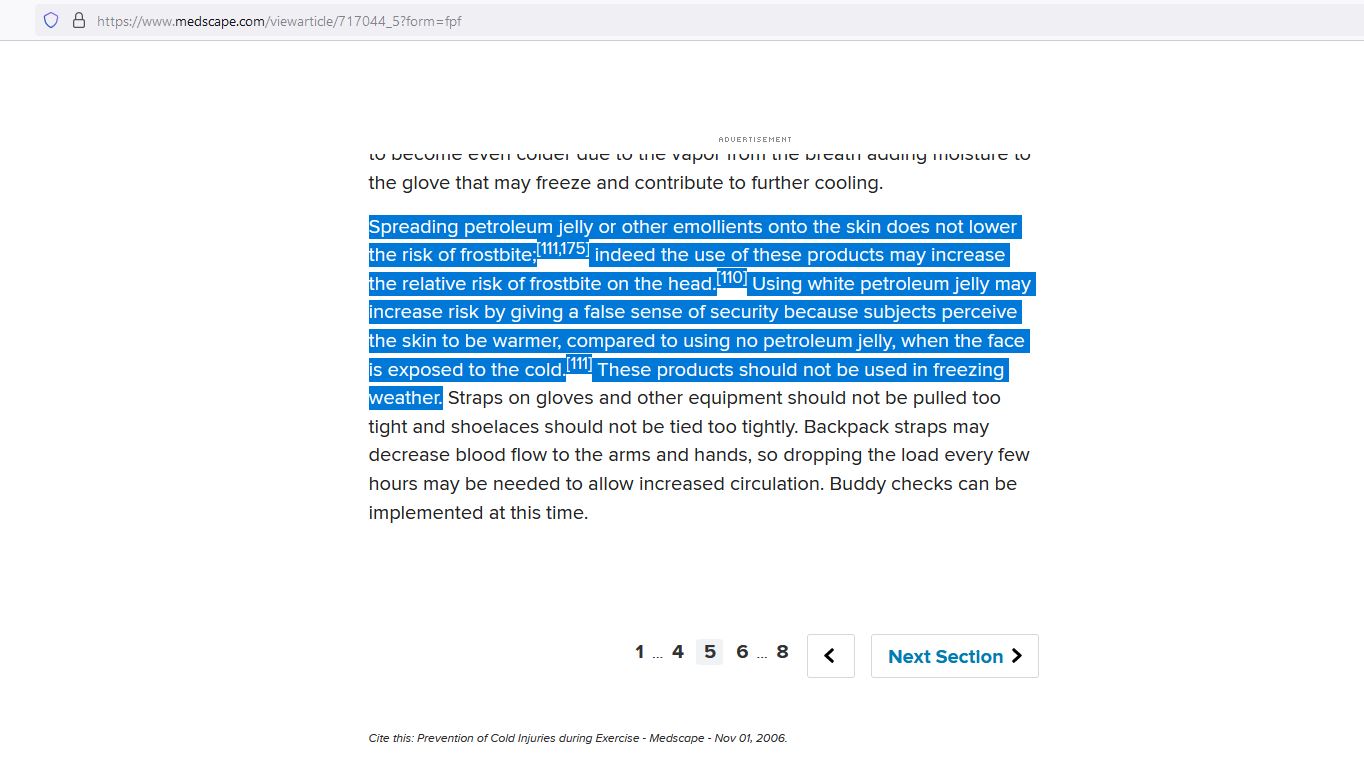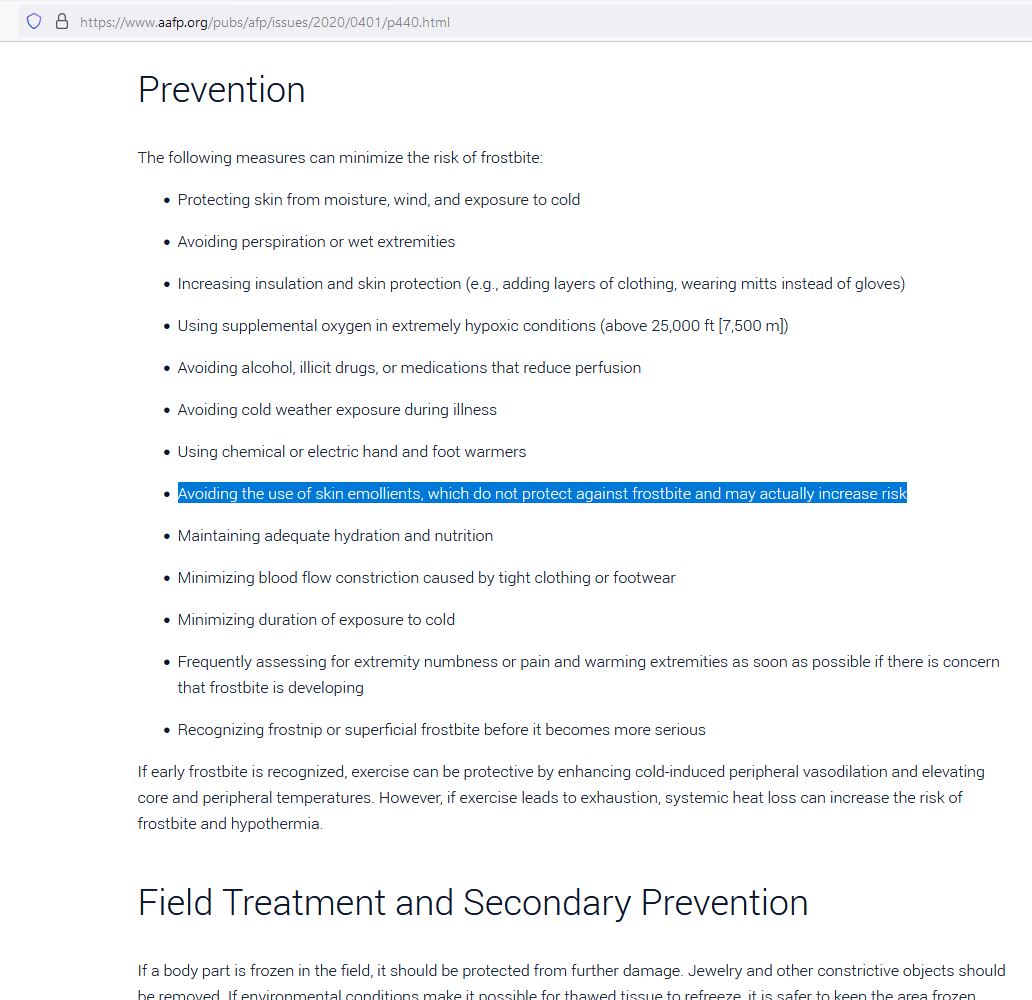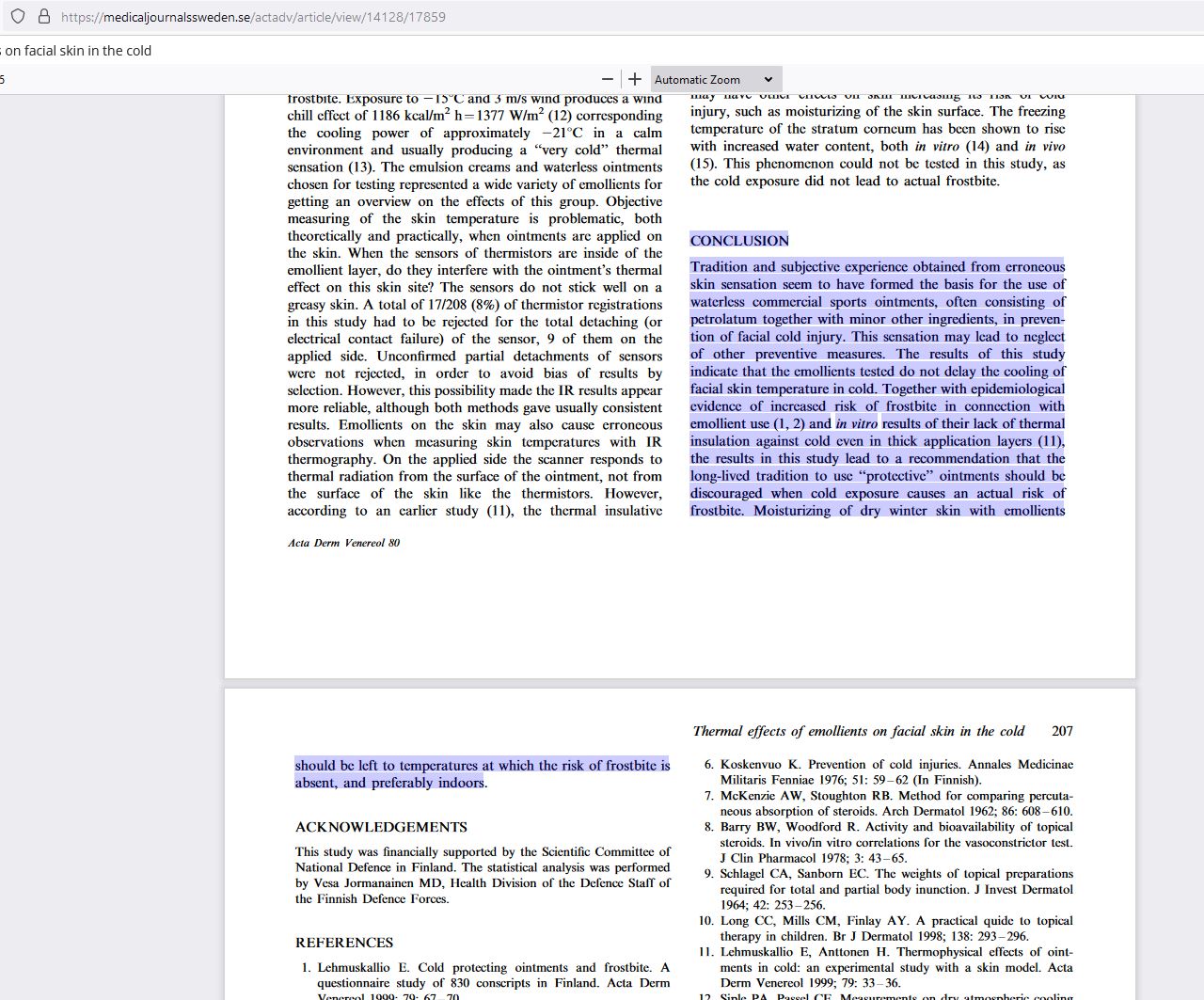Balancing Corporate & Homesteading Lifestyles
Understanding the Risks of Using Vaseline on Chicken Combs for Frostbite


Additional Resources:
The use of Vaseline (petroleum jelly) on chicken combs for frostbite protection has been a topic of debate among chicken owners. Let's explore the insights from various sources on this matter:
Can Petroleum Jelly Protect Chicken Combs from Frostbite?
Frostbite In Chickens: Causes, Prevention, Treatment: from Chicken Fans: They note that using Vaseline on chicken combs and wattles has never been proven effective, and it can do more harm than good in severe colds. The substance can make feathers around the head sticky and attract moisture to the comb, which is counterproductive for frostbite prevention. They stress that coop management is the only reliable prevention method for frostbite
Frostbite:from Poultry DVM
Thanks to my friends Sara & Jacob Franklin at Roovolution for providing these links:
In summary, while Vaseline has been used by some chicken owners for frostbite prevention and healing, its effectiveness is not universally agreed upon, and there are potential risks involved. It's important to consider alternative methods and products specifically designed for chickens, and always prioritize proper coop management to prevent frostbite. If you're unsure, consulting with a veterinarian or a poultry specialist is always a good practice.





Pita Pinta Asturiana




Note:
Deathlayers: Westfalische Totleger
The Deathlayer Chicken
Physical Characteristics: They are a medium-sized breed, characterized by a full breast, and upright tail.
There’s no specific breed standard for Death layer chicken because it’s not registered with the American Poultry Association(APA).
Deathlayers have solid black baby doll eyes, which creates a beautiful contrast with the white, gold or silver feathers on their head.
They have medium-sized wattles that perfectly go together with their flat, rose-colored comb.
Their limbs are either blue-grey or slate, and their legs have four toes on each foot.
Egg Production
Egg Color and Size: Deathlayers are known for laying small to medium-sized white eggs.
Size
Weight: Hens typically weigh around 4-5 pounds, while roosters are slightly heavier, usually weighing around 5-6 pounds.
Temperament
Behavioral Traits: Deathlayers are known for being alert, active, and quite friendly. They are considered good foragers, making them suitable for free-ranging environments.
Rarity and Conservation
Current Status: This breed is considered rare and is part of conservation efforts by poultry enthusiasts and heritage breed conservators. Due to their rarity, they are more commonly found among breeders and enthusiasts rather than in commercial poultry operations.
Interesting Facts
Cultural Significance: In Germany, the Deathlayer is not just admired for its egg-laying abilities but also for its striking appearance, making it a regular feature in poultry shows.
Unique Comb: The V-shaped comb, coupled with their feather patterning, makes them one of the more visually distinctive breeds.
Care and Considerations
Housing Needs: They adapt well to a range of environments but thrive best with space to forage.
Diet and Nutrition: Like all chicken breeds, they require a balanced diet to maintain their health and egg-laying capacity.
Health Considerations: Regular health checks and a clean, safe living environment are essential for their well-being.
In summary, the Deathlayer chicken is not just a breed with a captivating name but one with a rich history and remarkable qualities. Its longevity in egg production, coupled with its striking appearance and friendly demeanor, make it a fascinating addition to any homestead, particularly for those interested in preserving rare breeds.
Homestead Harvest: Growing Kale & Mint


Vegetable Spotlight: Kale
- Difficulty to Grow: Easy
- Varieties: Curly, Lacinato, Red Russian
- Varietal Differences: Curly has tight ruffles, Lacinato has darker, smoother leaves, and Red Russian has red-tinted leaves.
- Seed Starting: Start indoors 6 weeks before last frost.
- Planting & Soil: Prefers well-drained, fertile soil with a pH of 6.5-6.8.
- Light Requirements: Full sun to partial shade.
- Container Suitability: Excellent; use deep pots.
- Companion Plants: Dill, Cucumber, Beets
- Pests/Diseases: Cabbage worms; use neem oil or handpick.
- Harvest: Pick outer leaves first; harvest can continue even after frost.
- Fun Fact: Kale can grow new leaves after snow!
- Culinary Uses: Salads, smoothies, chips.
Herb Spotlight: Mint
- Difficulty to Grow: Easy
- Varieties: Peppermint, Spearmint, Chocolate Mint
- Varietal Differences: Peppermint is more pungent; Chocolate Mint has a subtle chocolate flavor.
- Seed Starting & Propagation: Cuttings root easily in water.
- Planting & Soil: Prefers moist, well-draining soil.
- Light Requirements: Full sun to partial shade.
- Container Suitability: Ideal; controls spreading.
- Companion Plants: Tomatoes, peas, cabbage.
- Harvest: Pick leaves as needed.
- Fun Fact: Mint repels mosquitoes.
- Medicinal Properties: Aids digestion, freshens breath.
- Storage: Dry or freeze leaves.
Tips For Building Trust With Your Rooster

Creating a bond with your rooster requires patience, understanding, and consistency. Here are three tips to enhance your interaction with them:
- Regular, Gentle Handling: Start handling your rooster from a young age, if possible. Regular, gentle interaction helps build trust. Approach them calmly and speak softly to reduce any fear or aggression.
- Respect their Space: Roosters are territorial by nature. Always respect their space and approach them in a non-threatening manner. This helps in reducing aggressive tendencies.
- Consistent Feeding Rituals: Establish a routine where the rooster sees you as a provider of food and positive experiences. This routine can create a bond and establish you as part of the flock's social structure.
Communicating With The Flock: The Rooster’s Role

Roosters play a pivotal role in the social structure of the chicken world. They are not just protectors but also communicators. Here's what their behavior signifies:
- Crow Call: Roosters crow to announce their presence, assert their territory, and maintain flock cohesion. It's their way of saying "All is well" or "Stay alert."
- Food Discovery Dance: When a rooster finds food, he often performs a special dance to alert the hens. This behavior demonstrates his role in caring for and nurturing the flock.
- Wing Flapping and Posturing: A rooster will often flap his wings and strut to show dominance and keep order within the flock. This behavior is crucial in maintaining a hierarchy and peace among the chickens.
Healthy Herbs For Chickens: Rosemary

Rosemary is an excellent herb for chickens, offering several benefits:
- Respiratory Health: Rosemary can help improve respiratory health in chickens. Its strong aroma is known to clear nasal passages and aid in respiratory wellness.
- Pest Repellent: The strong scent of rosemary is a natural deterrent for pests like lice and mites.
- Stress Reduction: The aroma of rosemary has a calming effect on chickens, reducing stress levels which is beneficial for their overall well-being.
- Antioxidant Properties: Rosemary contains antioxidants, which can support the immune system of chickens.
- How to Use: You can hang fresh rosemary in the coop, add dried rosemary to their feed, or scatter it around the coop and run.
Remember, while rosemary is beneficial, it should be used in moderation as part of a balanced diet and environment for your chickens.
Coop Winter Weatherproofing Tips

Weatherproofing your chicken coop is crucial for several reasons.
Firstly, it ensures the health and comfort of your chickens. Exposure to extreme temperatures, be it scorching summer heat or freezing winter cold, can lead to stress, reduced egg production, and even health issues like frostbite or heatstroke. Additionally, weatherproofing keeps out moisture, which is vital as damp conditions can lead to mold growth and respiratory problems in chickens. It also protects against pests and predators that can exploit vulnerabilities in a coop’s structure. Finally, weatherproofing extends the life of your coop, safeguarding your investment and ensuring a safe, comfortable home for your chickens for years to come. In essence, a well-maintained and weatherproofed coop is fundamental to responsible and efficient chicken keeping at C&C Homestead.
- Weatherproof the Coop:
- Goal: Keep the coop warm without making it airtight, as ventilation is crucial.
- How-To: Add extra layers of straw or wood shavings on the floor for insulation.
- Bonus Tip: Avoid using heaters as they pose a fire risk; instead, rely on the chickens' natural ability to keep warm by huddling together.
- Prevent Water from Freezing:
- Goal: Ensure a constant supply of liquid water.
- How-To: Use a heated water dish or a water heater base under your regular water container. Alternatively, change the water multiple times a day to keep it from freezing.
- Reminder: Check the water frequently as chickens need more water in the winter to maintain body heat.
- Boost Their Diet:
- Goal: Provide extra calories and nutrition to help them stay warm.
- How-To: Add grains like corn or wheat to their diet in the evenings. These grains take longer to digest, producing more body heat overnight.
- Caution: Balance is key; don't overdo it with grains as they can lead to obesity.
- Provide Winter Entertainment:
- Goal: Keep chickens active and prevent boredom, which can lead to pecking and other issues.
- Ideas: Hang a cabbage or other treat just out of reach so they have to jump for it, or add a dust bath area inside the coop.
- Why: Mental stimulation is as important as physical health, especially when they're spending more time inside.
- Check for Frostbite:
- Goal: Prevent and treat frostbite, especially on combs and wattles.
- How-To: Apply a thin layer of petroleum jelly on combs and wattles to provide some protection. Regularly check for signs of frostbite, which include pale, discolored, or blackened areas.
- Action: If you suspect frostbite, bring the chicken to a warmer area and consult a veterinarian for treatment advice.
Remember, each flock and environment is unique, so adjust these tips as needed for your specific situation. Keeping a watchful eye and taking proactive steps can make a world of difference in ensuring your chickens' well-being during the winter months.
The Protective Instinct Of Roosters

Roosters possess a strong and innate protective instinct, which plays a crucial role in the dynamics of a chicken flock. This instinct is a fascinating aspect of their behavior and has several key elements:
- Guardian of the Flock: Roosters are naturally inclined to act as guardians. They are always alert, often taking a high vantage point to watch for potential threats. They will sound a distinct alarm call to warn the hens of danger, whether it's a predator or an unfamiliar presence.
- Defense Against Predators: When a threat is detected, a rooster will not hesitate to confront it, sometimes engaging in combat to protect the flock. This bravery can be awe-inspiring, as roosters will face off against much larger predators to keep their hens safe.
- Maintaining Social Order: Part of a rooster's protective role involves maintaining social order within the flock. They often break up fights among hens and ensure that all members of the flock get a chance to eat and drink. This pecking order maintenance helps keep peace and stability.
- Leading and Guiding the Flock: Roosters often lead the hens to food and water, sometimes even calling them over when they find a good source. They will also shepherd the flock back to the coop at dusk or when they perceive danger.
- Aggression as Protection: It's important to understand that a rooster's aggressive behavior, especially towards humans, often stems from this protective instinct. They may view humans as potential threats to their flock, especially during the breeding season.
- Breeding Season Behavior: During the breeding season, a rooster's protective instincts are heightened. They become more vigilant and may exhibit increased aggression to protect their hens from perceived threats.
Understanding and respecting a rooster's protective instincts are key to managing them effectively. This doesn't mean tolerating aggressive behavior towards humans, but rather recognizing the root of these behaviors and responding appropriately, such as by establishing boundaries and using non-threatening body language. By doing so, you can maintain a healthy and safe environment for both the rooster and the rest of the flock.














